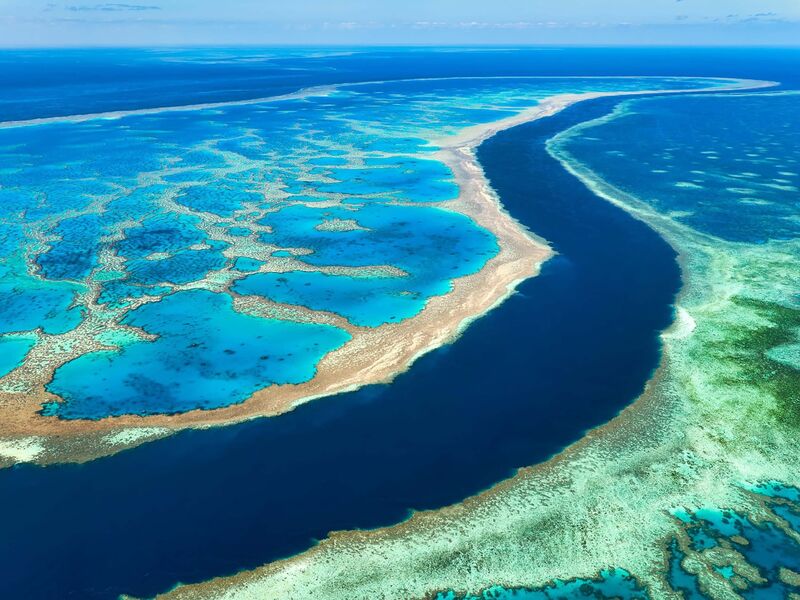Australia’s Great Barrier Reef has recorded its sharpest decline in coral cover in nearly four decades of monitoring, according to new research released by the Australian Institute of Marine Sciences (AIMS). The collapse follows a mass bleaching event in 2024 — the most widespread ever recorded on the reef.
The latest Long-Term Monitoring Program data shows that coral cover in the reef’s northern and southern regions has fallen by 25% to 33% over the past year, wiping out years of steady recovery.
“We are now seeing increased volatility in hard coral cover a phenomenon that emerged over the last 15 years and points to an ecosystem under sustained stress,” said Mike Emslie, head of the AIMS programme.
Heatwaves Drive Widespread Bleaching
The 2024 bleaching event, triggered by marine heatwaves, impacted all three regions of the 2,400 km-long reef — northern, central, and southern — with high to extreme levels of bleaching.
Bleaching occurs when corals, under thermal stress, expel the symbiotic algae they rely on for food and colour, turning white and often dying if conditions persist. Since 2016, the reef has experienced five major bleaching episodes, a pace that scientists say is outstripping the ecosystem’s ability to recover.
Climate Risk Intensifies For World’s Largest Living Structure
The reef, a UNESCO World Heritage Site, is the largest living structure on Earth, supporting over 9,000 marine species and contributing an estimated A$6 billion annually to Australia’s economy through tourism, fisheries, and coastal protection.
AIMS researchers say coral cover is increasingly unstable, fluctuating dramatically in response to climate-related stressors such as:
- Elevated sea surface temperatures
- Cyclonic weather events
- Crown-of-thorns starfish outbreaks
The current findings are likely to renew global pressure on Australia to strengthen its climate commitments, as UNESCO has repeatedly warned that the reef’s World Heritage status is at risk without meaningful reductions in carbon emissions.
Policy Implications And Global Outlook
The data comes as nations prepare for the UN Climate Conference (COP31) in São Paulo, where marine ecosystem resilience is expected to be a major agenda item. Australia’s government has committed to net-zero emissions by 2050, but critics argue that domestic policies still fall short of what’s needed to protect sensitive ecosystems like the reef.
“Without urgent global action on climate change, the frequency and severity of bleaching events will continue to rise — leaving the Great Barrier Reef in a perpetual state of recovery,” Emslie warned.
–Input WAM





